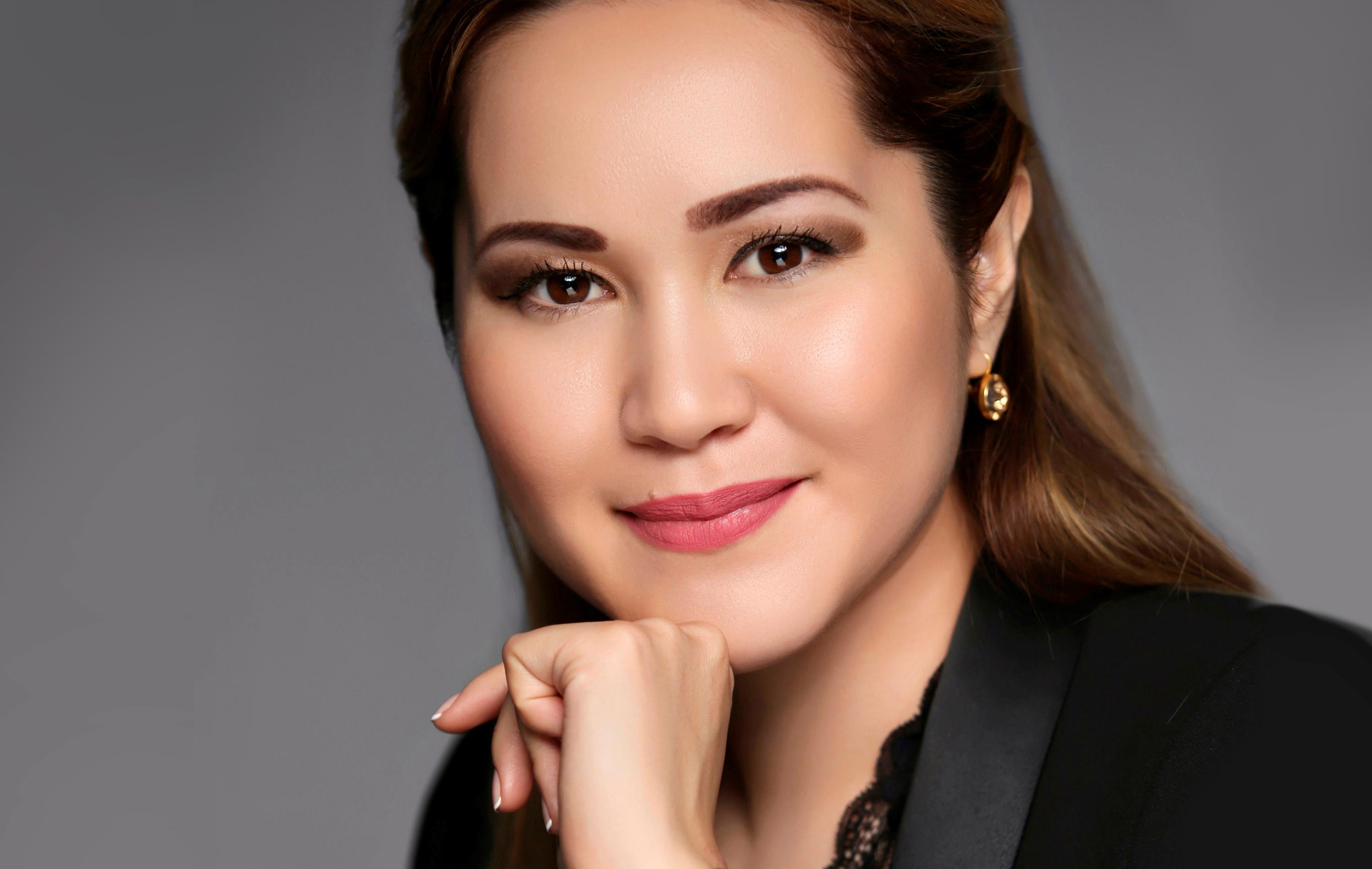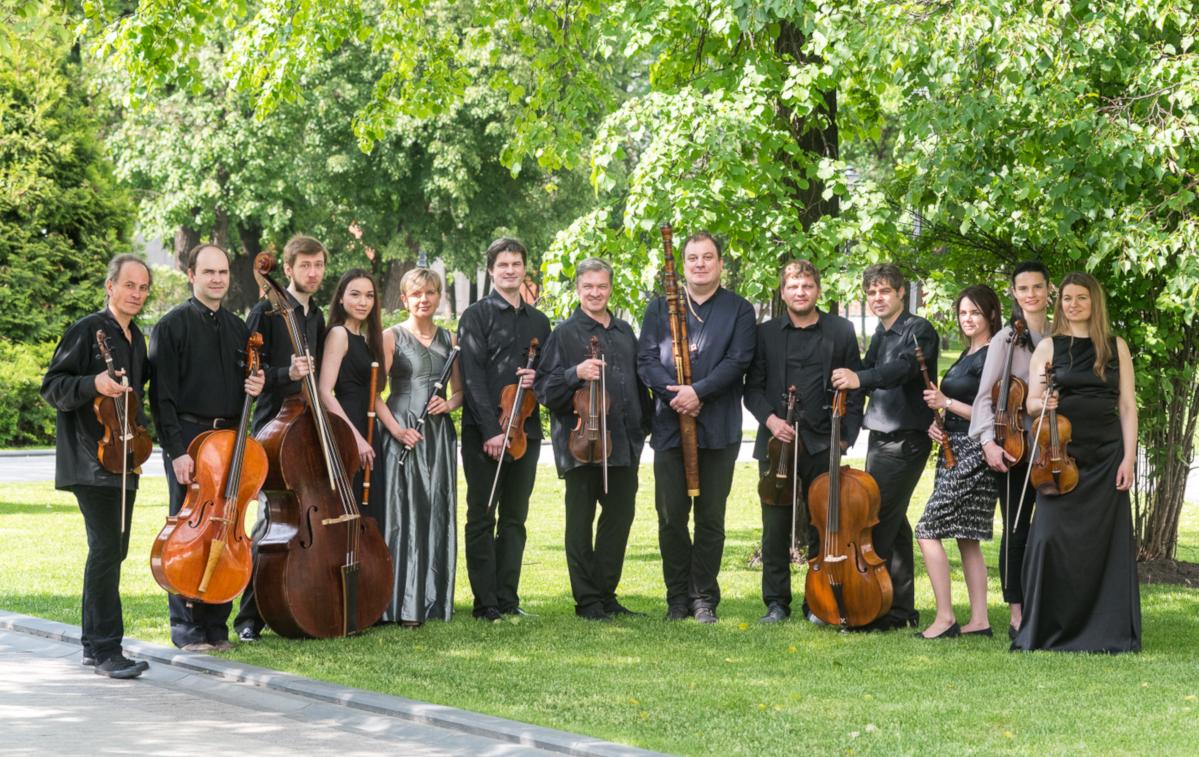Рrogramme:
VivaldiConcerto in G minor for strings and basso continuo, RV 157
“Nasce rosa lusinghiera”, Idaspe aria from “Bajazet” opera
Telemann
Concerto in D major for flute and orchestra
Handel
“Tu del ciel ministro eletto”
“The Triumph of Time and Truth”, Beauty aria
Corelli
Concerto grosso in G minor, “Christmas Concerto”, Op. 6, No. 8
Hendel
“Gloria in excelsis Deo”
Grand Christmas Concert
Vivaldi, Handel, Telemann
Changes of programme and artists
Vivaldi, Bach, Purcell, and Corelli pieces were announced earlier.
Countertenor Alexander Chance is not performing at the concert.
Soloists:
Dilyara Idrisova, soprano
Olga Ivusheykova, flute
Sergei Filchenko, violin
Pratum Integrum Orchestra
Artistic Director – Pavel Serbin
Partly, the programme is inspired by nostalgic feelings for Haendel, and dreams of barocco times Roma with its church eloquence, allegoric oratories, and concerts in cardinals’ palaces. It won’t do, of course, without iconic “Christmas Concerto” written by Corelli, and commissioned by cardinal Pietro Ottoboni; or without Handel’s Beauty aria to the poem written by cardinal Benedetto Pamphili. The last but not the least: “Gloria” (for soprano and strings) is the key piece of the programme, and it’s a brand-new piece for either singer Dilyara Idrisova, or the orchestra. Well, probably not a great part of Moscow public have heard it live, either.
“Gloria” was rediscovered in 2001. That year, a baroque expert and researcher called Hans Joachim Marx studied the well-known anonymous manuscript more attentively to ensure: this was written by none other than young Handel during his tenure in Italy. And the news made sensation. Media reviewed it as “<F>resh, exuberant and a little wild in places, but unmistakably Handel.” It was published soon. The first public performance was on 18 May 2001, sung by soprano Patrizia Kwella with Fiori Musicali and Penelope Rapson as artistic director, at the Hinchingbrooke Performing Arts Centre in Huntingdon. A second performance was given at the International Händel Göttingen Festival on 3 June 2001 by Dominique Labelle with the Philharmonia Baroque Orchestra and Nicholas McGegan. One of the first recordings of “Gloria” was made by the outstanding conductor sir John Eliot Gardiner. Though it is a staple of many of baroque ensembles, the piece never been performed in Moscow, as far as we know.
Young Bashkir singer Dilyara Idrisova is Gloria. Dilyara Idrisova, whose repertoire consists primarily of baroque music, operas of Mozart and Gluck, has been a member of the Bashkir State Opera and Ballet Theater in Ufa since 2014. And at the same time she is a constant participant in spectacles of famous countertenor Max Emanuel Cenčić. As a member of Cenčić’s team she performed on diverse European stages, from Brussels and Halle to Salzburg (Trinity Festival). Russian mass media hails her as “the singer voice of Bashkortostan”, mesmerized by her light vivid voice, charisma, and restrained yet fiery style of singing. Due to Cenčić, she has sung baroque parts in operas such as “Alessandro” by Handel, “Siroe” (Hasse), “Polifemo” and “Germanico in Germania” (Porpora), or “Sigismondo” (Leonardo Vinci). During this, she also managed to win a singer’s contest in Toulouse, “Golden Mask” award for Handel’s “Hercules” staged in Ufa, take part at Ildar Abdrazakov festival, and sing brilliantly with Musica Viva and Pratum Integrum.



